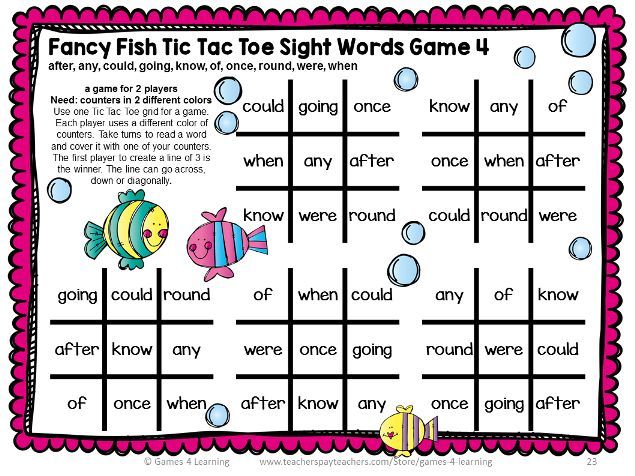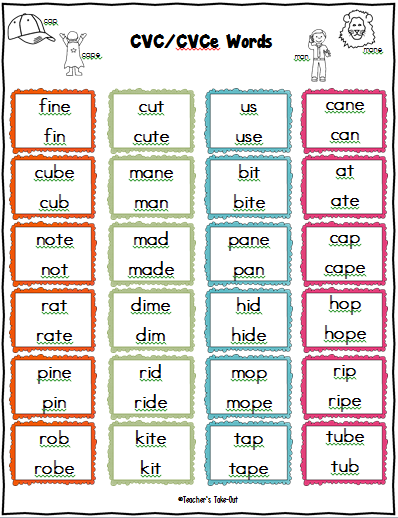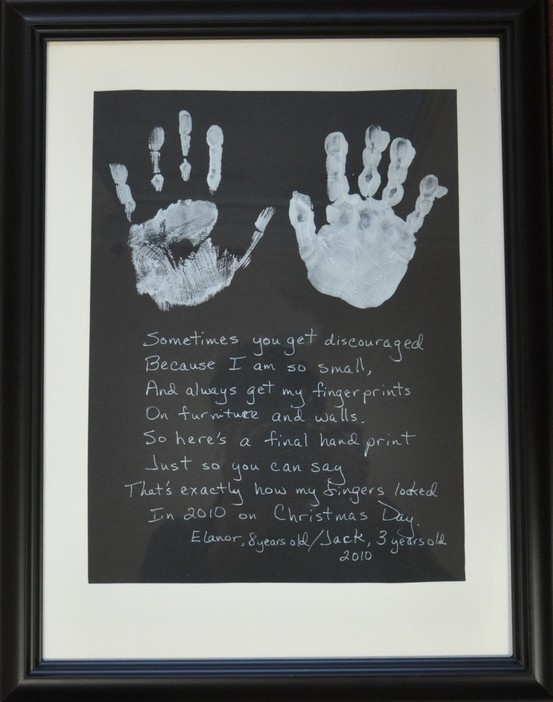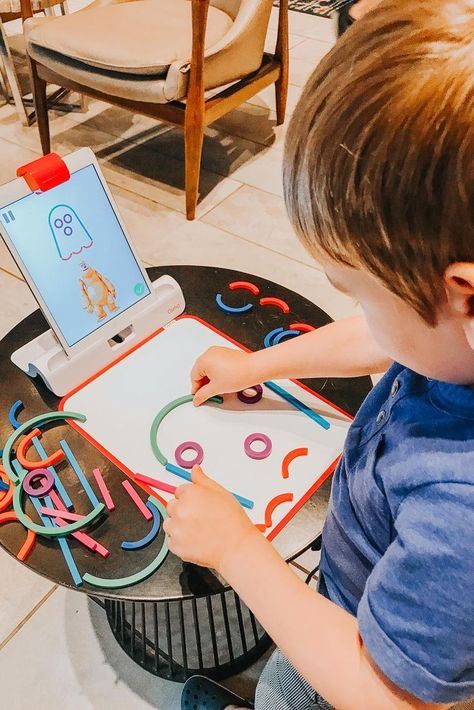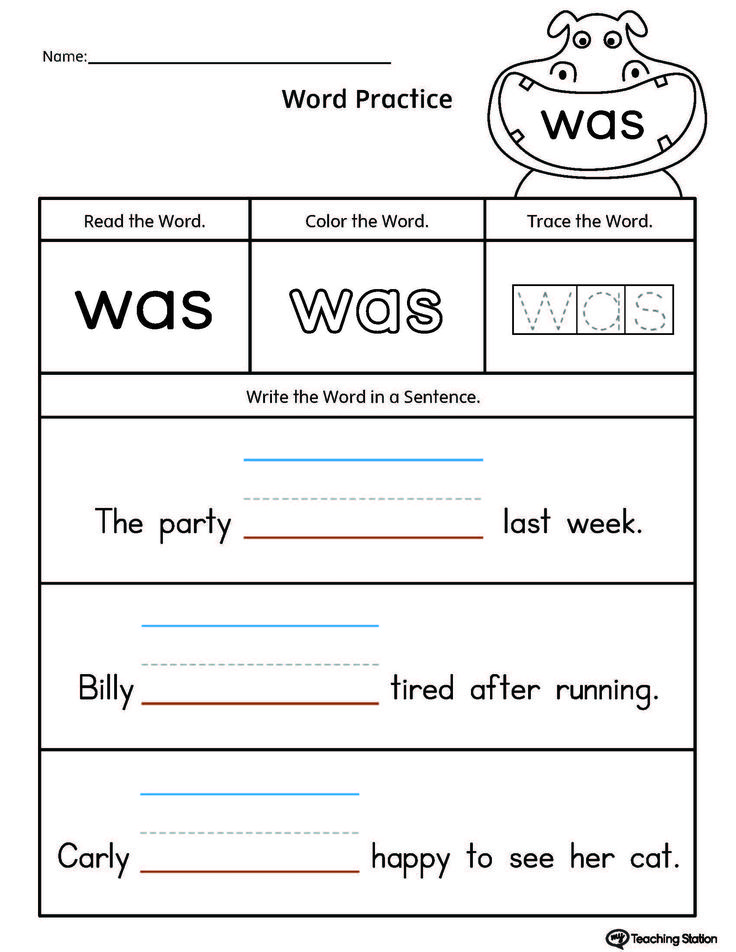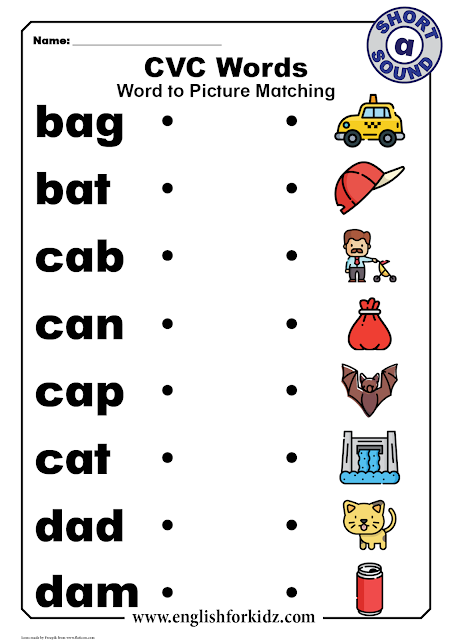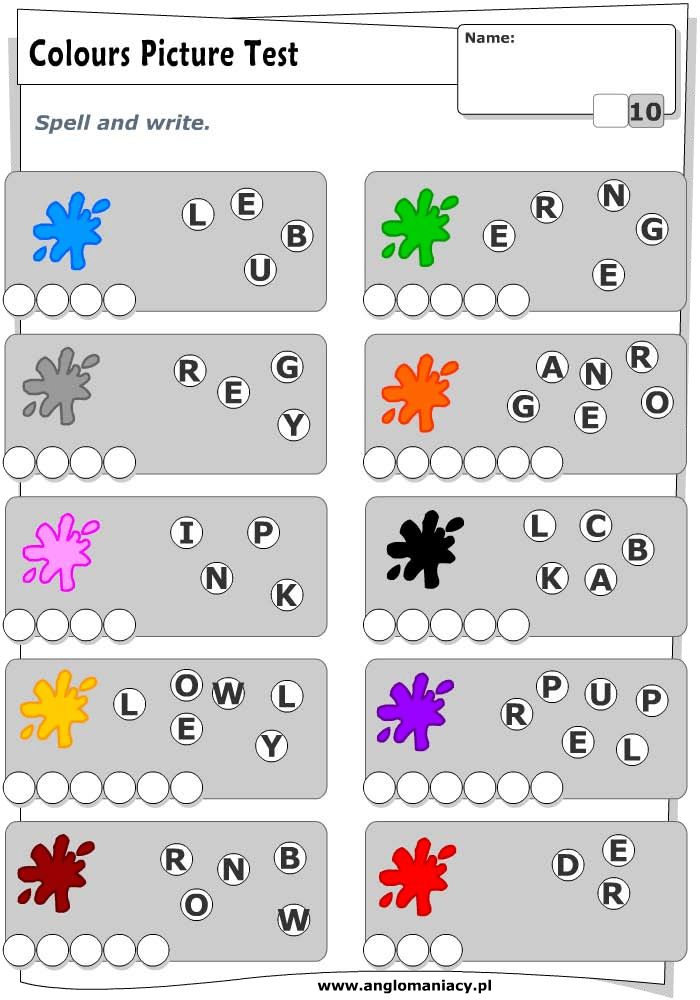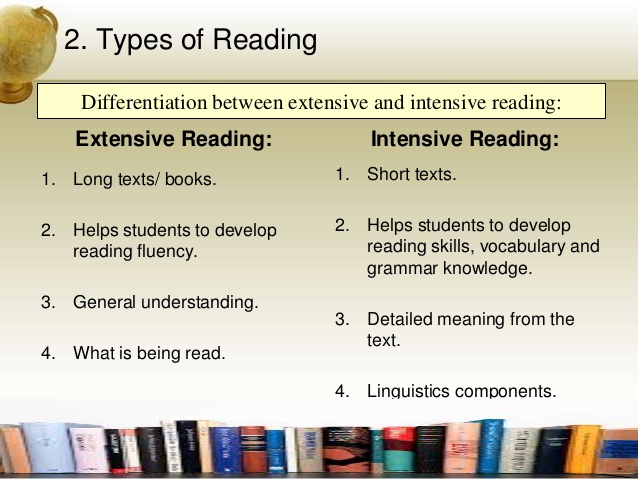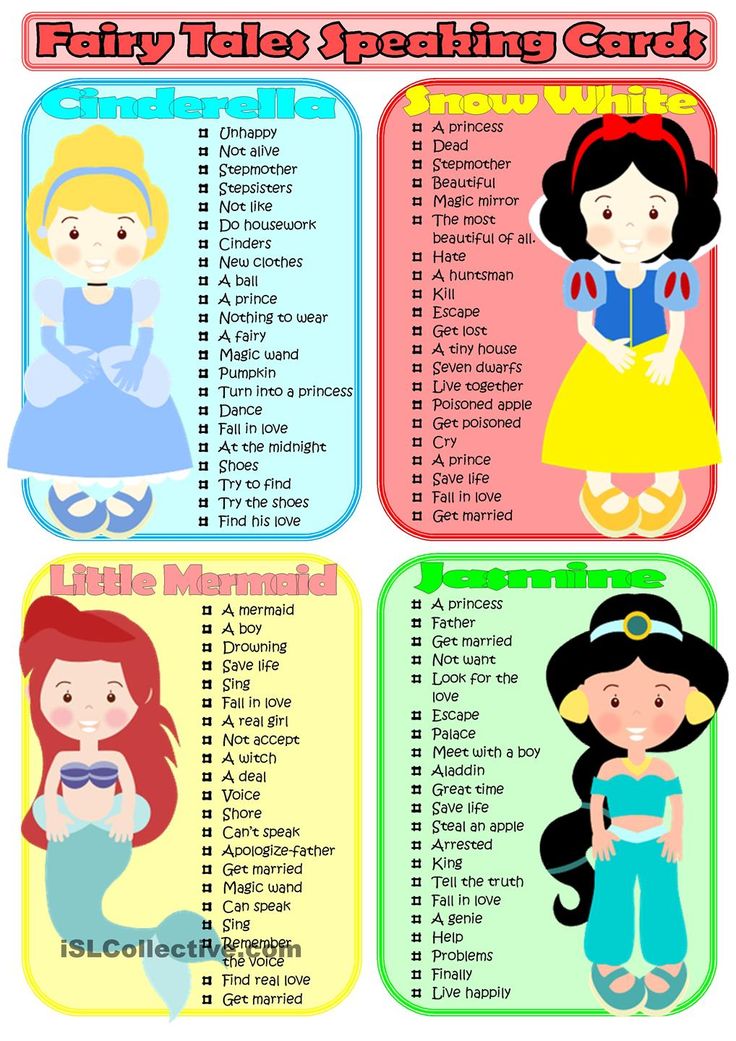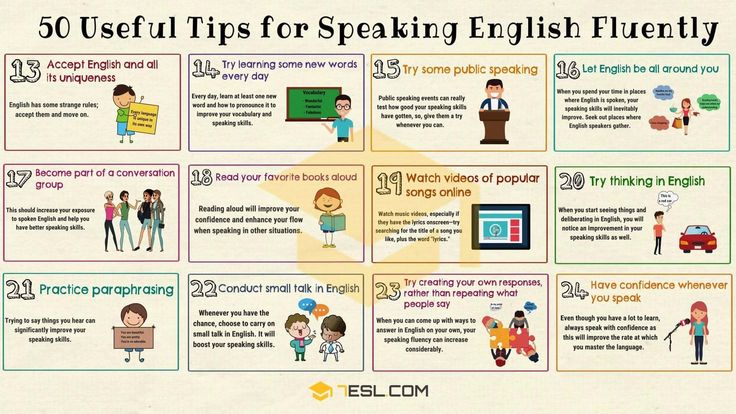What first graders need to know
45 Things Your Child Should Know Before Entering First Grade
The transition from kindergarten to first grade is a big step for any child. Your child will now be a part of a “big school,” meaning they are surrounded by more students, can eat in a cafeteria, and play outside during recess. They will also adjust to a longer school day, receive more homework, and learn to get around without much help. These changes in routine will cause your child to start feeling independent.
Your child has applied what they have learned in preschool to kindergarten and has now gathered more information in kindergarten to apply in first grade. It is important that children have learned certain facts and information in kindergarten so they can apply those skills next year to help them grow. By the end of kindergarten, their knowledge of reading, writing, numbers, and problem-solving have grown, along with being introduced to other subjects like social studies and science.
Here is an example checklist of what your child needs to know before starting first grade.
Reading and Reading Comprehension Skills
- Recognize upper and lower case letters
- Know, identify, and increase sight word vocabulary (sight words are words that often are spelled differently than how they sound and children must recognize them by sight. Common sight words are: "their", "if", "of", "each")
- Know the alphabet and basic features of letters and words
- Memorize and correctly spell around 130-150 words
- Decoding or sounding new words out (being able to use letter sounds and patterns to recognize and pronounce written words)
- Rhyming more words (ex: frog and clog)
- Tell the difference between facts and fiction
- Recall the sequence of events in a story (first, second, third, ending, etc.)
Writing Skills
- Write upper and lower case letters
- Write their name
- Use letters and shapes to detect different objects
- Create simple words and sentences
- Write in complete sentences
Fine Motor Skills
- Hold a pencil, crayon, or marker correctly
- Hold scissors correctly
Mathematic Skills
- Recognize that addition means putting two groups of numbers together (5+4) and that subtraction means taking away from one group (5-4)
- Add and subtract numbers 1 through 10
- Use objects to show how to break up numbers less than or equal to 10 in different ways (ex: 6 apples = two groups of 3 apples, or 6 apples = a group of 4 apples and a group of 2 apples.
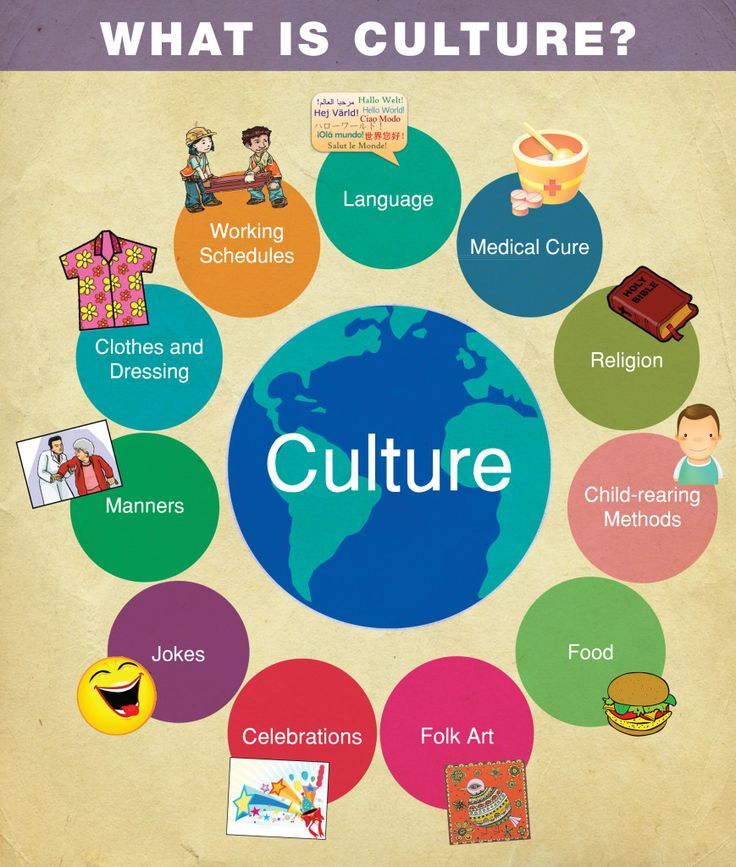 )
) - Use objects or draw pictures to help show addition and subtraction
- Count simple money
- Know numbers from 1-30
- Recognize different patterns (ex: blue square, red square, blue square; should know what comes next)
- Recognize more shapes and master previous knowledge of shapes (square, circle, sphere, star, rhombus)
- Know the tools to measure time and temperature
Social Studies Skills
Social Studies is a subject that is gradually introduced to children in kindergarten. They will learn about past history and events that took place in America. Your child should be able to:
- Understand what history is and know some stories, events, and people in history
- Know important people in United States history (George Washington)
- Understand broad categories of time (past, present, and future)
- Know basic cultures and their traditions
- Know people and events honored in commemorative holidays
- Recognize American symbols (the flag, the eagle, the Statue of Liberty)
- Understand that there are other instruments used to locate places (maps, globes)
Science Skills
Science is another subject that is introduced to children in kindergarten. Science teaches about the universe and the natural world through experiments. There are many different areas of science that are introduced upon grade level. Your child should be able to:
Science teaches about the universe and the natural world through experiments. There are many different areas of science that are introduced upon grade level. Your child should be able to:
- Do easy, hands-on experiments
- Know the four seasons and their different climates
- Know the importance of the sun and what it provides the Earth with
- Know the difference between living and non-living things (a plant vs. a teddy bear)
- Recognize how we impact the Earth in terms of recycling and pollution
Social Skills and Abilities
- Participate in group activities
- Share and communicate appropriately with other students
- Respect their peers
- Raise their hand before being called on
- Seek help with assignments when needed
- Show eagerness and willingness to learn
- Sit for a longer period of time than in kindergarten (15-20 minutes.
Read the Rest of the Series!
Have multiple children in multiple grades? Read the rest of the series!
- 21 Things Your Child Should Know Before Entering Kindergarten
- 45 Things Your Child Should Know Before Entering First Grade
- 45 Things Your Child Should Know Before Entering Second Grade
- 43 Things Your Child Should Know Before Entering Third Grade
- 48 Things Your Child Should Know Before Entering Fourth Grade
- 49 Things Your Child Should Know Before Entering Fifth Grade
Sources:
- “1st Grade Skills Checklist.
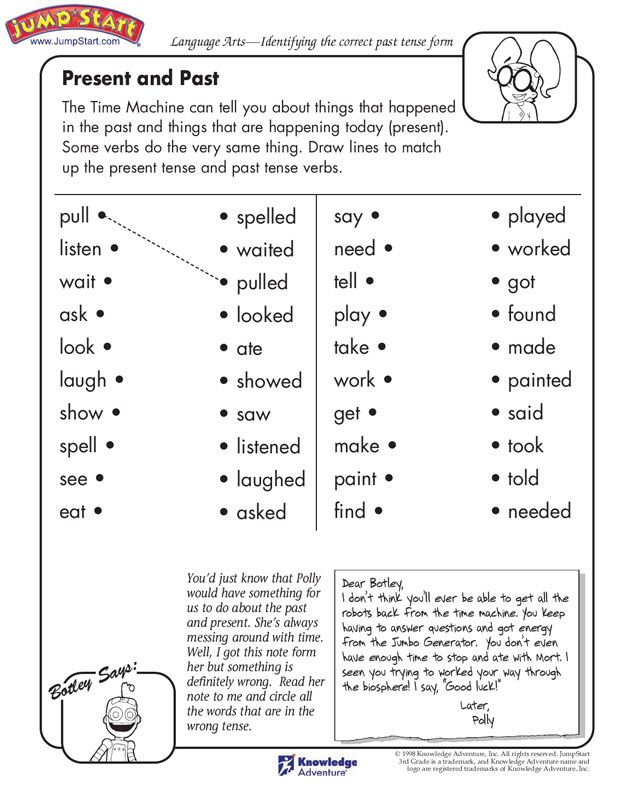 ” LeapFrog. Web. 29 Aug. 2017.
” LeapFrog. Web. 29 Aug. 2017. - “Preparing for 1st Grade.” Scholastic. Web. 29 Aug. 2017.
- "Model Curriculum English Language Arts Units," New Jersey State Government, http://www.state.nj.us/education/modelcurriculum/ela/1.pdf
- Model Curriculum Grade 1 Mathematics Units, New Jersey State Government, http://www.state.nj.us/education/modelcurriculum/math/1.pdf
We wrote a guide answering the most common questions we've gotten from 100s of of parents of first graders. Download it for free today!
1
Topics: Problem Solving, Number Writing, First Grade, New School Year, Elementary School
Ready for 1st Grade: Skills Kids Need
A lot of learning happens in kindergarten to help kids hit the ground running when they go into first grade. Some of the skills kids need going into first grade are social skills, like listening and taking turns.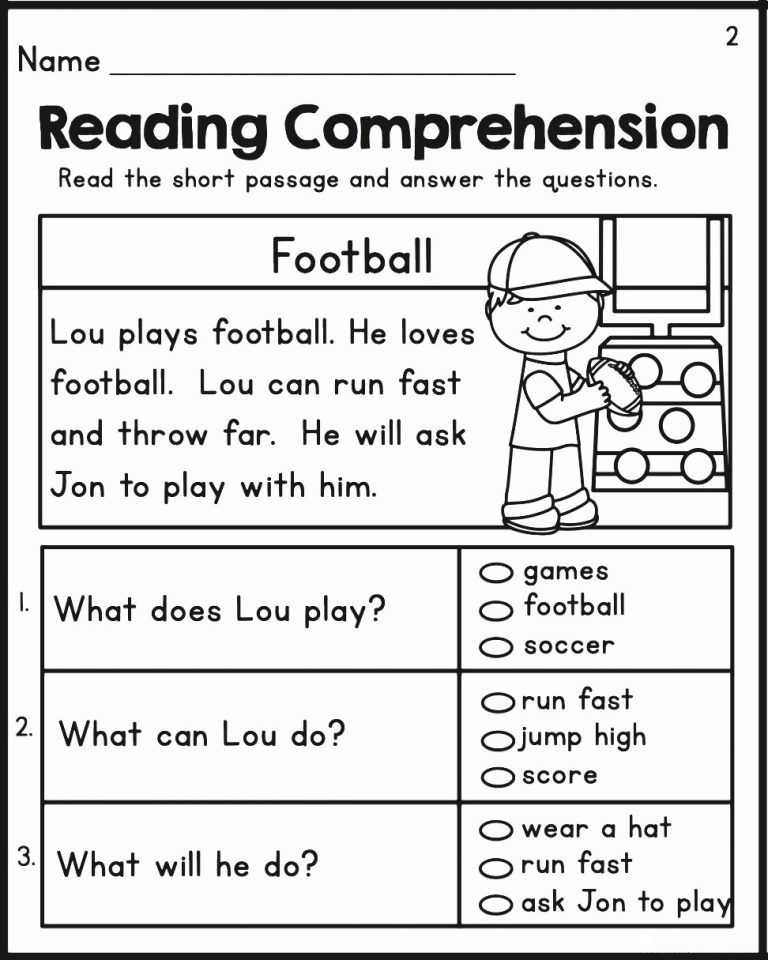 Others are more academic — the skills kids need to develop as they do more work in reading, writing, and math.
Others are more academic — the skills kids need to develop as they do more work in reading, writing, and math.
Here’s a sample of what kids should be learning by the end of kindergarten to be ready for first grade.
Literacy skills kids need for first grade
Literacy skills include both reading and writing. The two are taught together because they’re closely connected. In kindergarten, kids practice breaking words into small chunks and identifying the sounds each letter makes. (This is known as decoding.)
That’s because kids going into first grade are expected to know the alphabet and the basic features of letters and words. They’re also typically able to recognize and provide rhyming words. These are all skills that help emerging readers learn new words and read simple books.
When it comes to writing, incoming first graders are expected to be able to write and share information in a variety of ways. This includes drawing, writing letters and words, listening to others, and speaking out loud.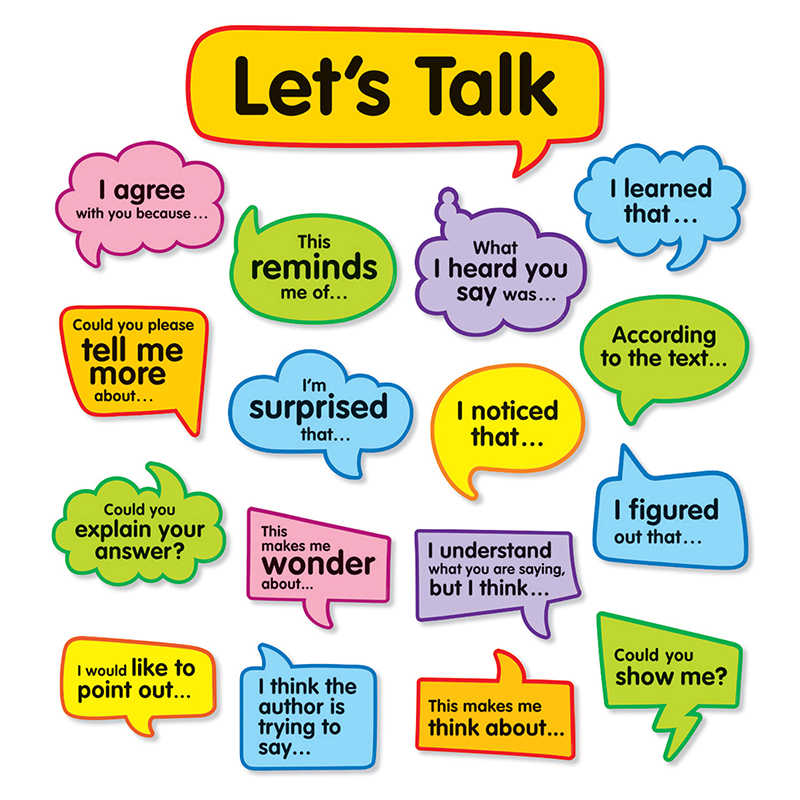 To help build these skills for first grade, kids do activities like these:
To help build these skills for first grade, kids do activities like these:
- Write and recognize upper- and lowercase letters.
- Match letters to sounds, make rhymes, and recognize some words without having to sound them out (teachers refer to these as sight words, and some of the first ones kids pick are and, the, and it).
- Learn and use new words to express thoughts, feelings, and ideas clearly.
- Ask and answer questions about a story the teacher reads aloud, and talk about the characters, settings, and major events in the story.
- Name the person, place, thing, or idea in a picture.
- Follow the rules of conversation by listening and taking turns talking.
- Give information about an event, topic, or opinion by drawing, talking, and writing about it.
- Participate in shared reading and writing activities (for example, the teacher reads a big picture book aloud and students take turns sharing ideas about it).
You can help your child build literacy skills at home, too:
- Learn about ways to help kids connect letters and sounds.

- Get tips to help your child develop good reading habits.
- Use fun multisensory techniques to practice writing.
Math skills kids need for first grade
There are two big math concepts kids need a strong grasp of as they go into first grade. The first is number sense — learning numbers and what they stand for, like connecting the number “5” with a picture of five apples. The other big one is addition and subtraction. Kindergartners also learn to identify and work with shapes.
Here are some activities kids do to build math skills going into first grade:
- Count how many objects are in a group (one by one) and compare it to another group to figure out which is greater or less than the other.
- Recognize that addition means putting two groups together and that subtraction means taking away from one group.
- Add and subtract numbers 1 through 10.
- Use objects to show how to break up numbers less than or equal to 10 in more than one way (for example, 8 erasers = 2 groups of 4 erasers, and 8 erasers = a group of 2 and a group of 6).

- Find the number of objects to make any group of 1 to 9 into a group of 10.
- Use objects or draw pictures to represent and solve simple addition and subtraction word problems.
You can help your child build math skills at home, too:
- Explore fun picture books to get your child excited about math.
- See how to use everyday household items to practice math.
- Play board games that build math skills.
Working with your incoming first grader
Take a look at your state’s academic standards to see what skills are expected for kids going into first grade. Not all states use the same standards, but many of them have similar expectations for students.
Keep in mind, too, that kids develop skills at different rates. But if your child doesn’t have most of these skills down by the end of kindergarten, it’s a good idea to check in with your child’s teacher to speak about your concerns. Together you can come up with a plan for keeping track of your child’s progress and getting ready for first grade.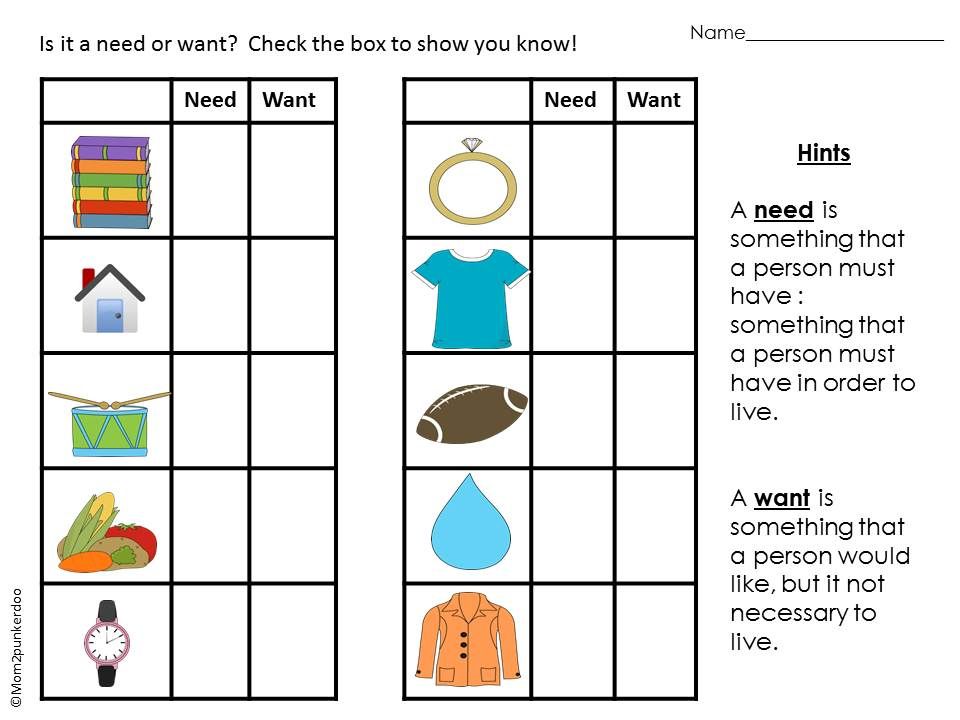
Key takeaways
Incoming first graders typically know the alphabet and can add and subtract numbers 1 through 10.
There are fun ways to practice language and math skills to help your child get ready for first grade.
If you have concerns about your child’s progress, talk to the teacher to come up with a game plan.
What should a child know and be able to do before school? Requirements, questions and advice to a future first-grader
What are the admission requirements for a first grader?
The official list of questions for preschoolers to which the child must know the answer before school does not exist. According to the Law of the Russian Federation "On Education", admission to the first the class of state and municipal educational institutions is prohibited to carry out on competitive basis.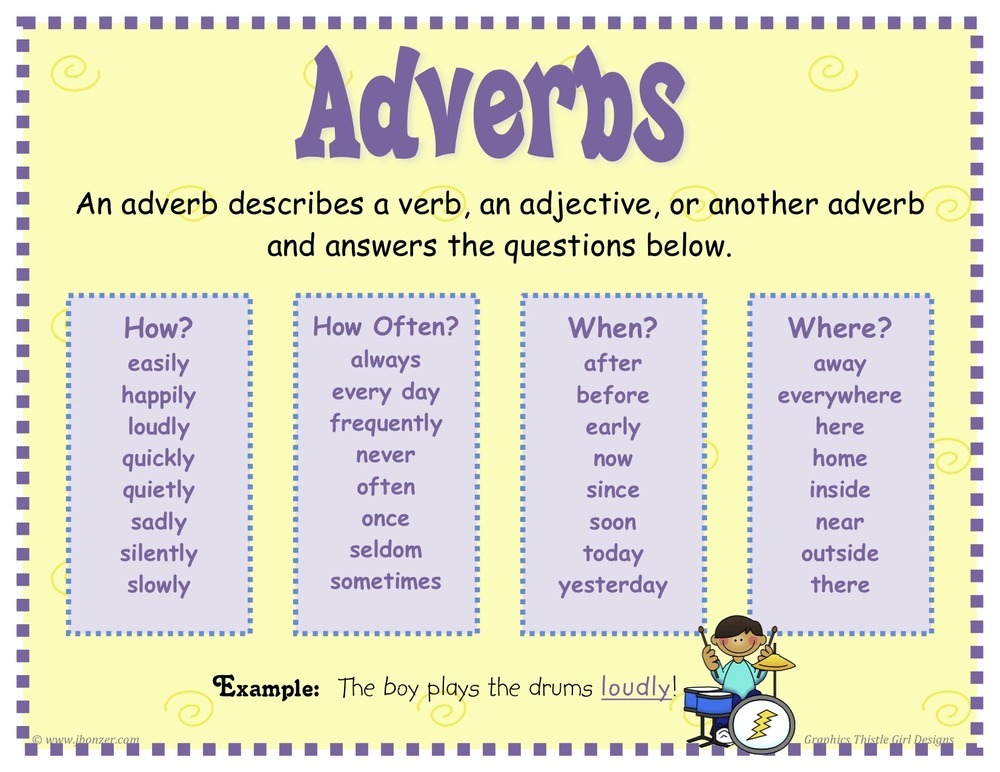 nine0005
nine0005
Every child aged 6.5-8 who has no health contraindications has the right to enroll to first class. However, at the request of the parents, the school may accept the child at an earlier or later age. The reason for the refusal can only be the lack of vacant places in it.
In total, are all the requirements for admission to grade 1 conditional? Not certainly in that way. nine0005
To help parents figure out what to teach their child before school, we prepared this review.
Knowledge and skills that will be useful to a first grader
Educational institutions that prepare children with outstanding abilities, often they test and interview those who want to learn from them.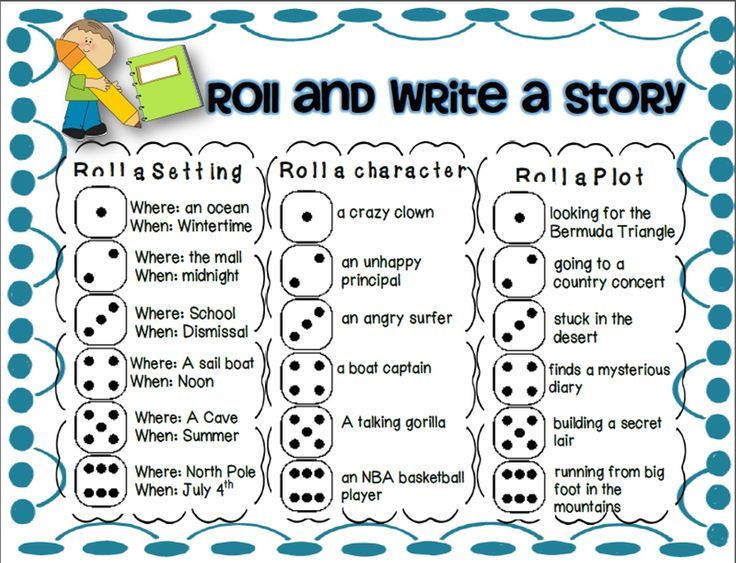 Some schools post on the site criteria for a child's readiness for school, and teachers expect a certain level of preparation children. In the school chosen for admission, it is also worth clarifying what the child usually asks psychologist, whether written testing is carried out. nine0005
Some schools post on the site criteria for a child's readiness for school, and teachers expect a certain level of preparation children. In the school chosen for admission, it is also worth clarifying what the child usually asks psychologist, whether written testing is carried out. nine0005
Most often, the necessary knowledge and skills are divided into 4 blocks: "General development", "Logic and thinking”, “Reading and speech”, “Mathematics”.
It is useful to independently test a preschooler according to the main criteria in any case. We collected questions and tasks that will help the future first-grader gain self-confidence, and you - peace and a sense of accomplishment. nine0005
Questions for general development.
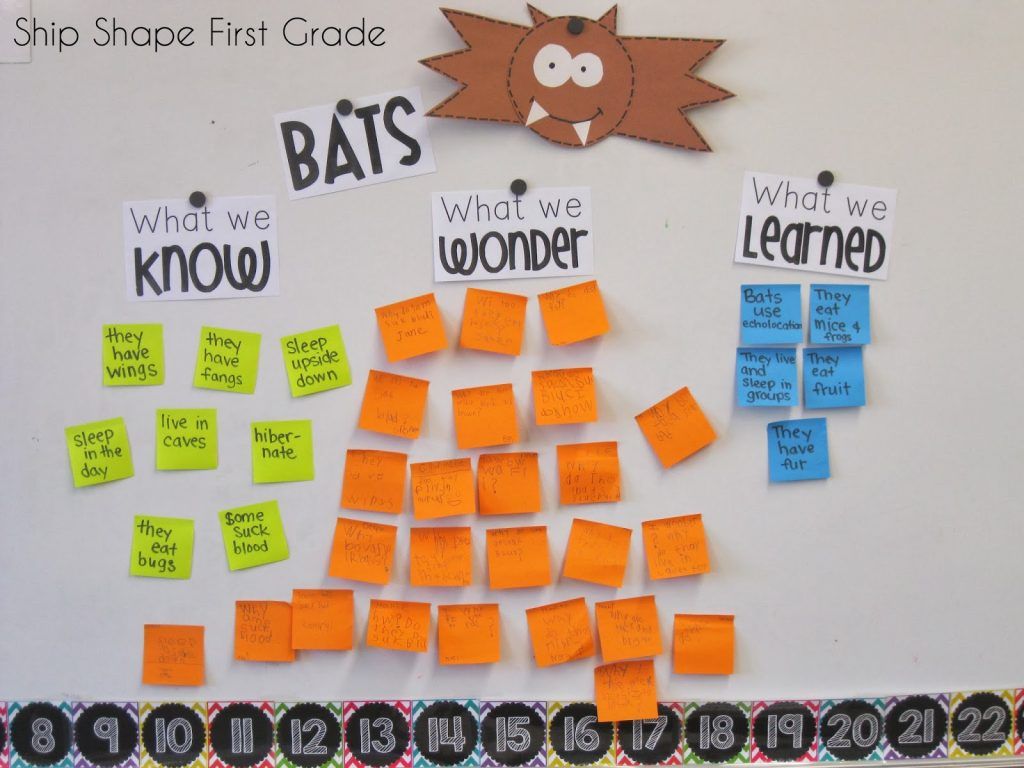 "The world"
"The world" To understand whether an older preschooler has basic knowledge for his age, take a walk with him on the following questions:
1. Me and my family
- What is your name? State your last name and patronymic. nine0027 - How old are you? When's your birthday?
- Give the name and patronymic of your mother, your father. Who do they work?
Do you have a brother or sister, how old are they?
What is your home address and phone number? What city do you live in? What is the name of your country? What other countries can you name?
2. Nature
What phenomena of nature and weather do you know? What is the difference between snow and hail? Thunder from lightning?
Name the colors you know.
Think about the plants you know. Name the types of trees and flowers. How are trees different from bushes? What fruits can you name? What about vegetables? Berries? How are fruits different from vegetables and berries? nine0027 - List the animals you know. What about insects? How are animals and birds different? birds and fishes? How to distinguish wild animals from domestic ones? Name migratory and wintering birds, birds of prey and herbivores. Why are they called that?
Riddles from LogicLike will help you check your knowledge:
- about live and inanimate nature; nine0043
- about wild and pets;
- about birds.
Thematic tests around the world
- Who are the animals?
- Wild and pets
- What are the plants? nine0043
- What are the birds?
- Who such fish?
- Insects.

3. Time and space
Name the parts of the day in order. How is day different from night? What is more: a minute or an hour, a day or week, month or year? nine0027 List the days of the week in order. Name the spring, summer, autumn, winter months of the year. How much months in a year? How many days in a month? And in a week? How many hours in a day?
What object is needed to measure time? Talk at a distance? Watch the stars? Measure weight? Know the temperature?
- Show me where is "right" and where is "left". nine0005
4. Professions
Name a few professions. What specialist teaches children? Healing people? Writes poems? Who composes music? Does he paint pictures? Building houses? Does he drive cars? Sewing clothes? plays in movies and theater?
5.
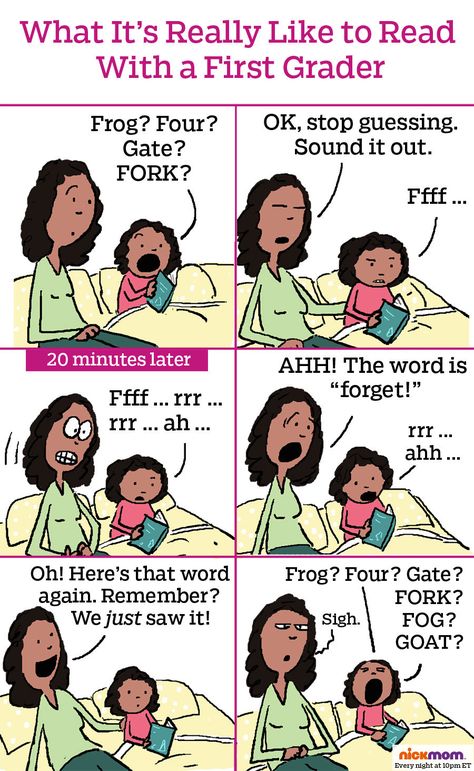 Arts and sports
Arts and sports - What kinds of sports do you know? What sports require a ball, skates? nine0027 What famous writers and poets do you know?
6. Safety rules
- In what places and at what color of the traffic light do you need to cross the road? How would you do if is there a traffic light nearby?
7. Motivation
- Why do you need to study? Why are you going to school?
Focus on the issues that caused the child difficulty. Didn't remember the wild ones animals? It's time to look into the encyclopedia together or go to the zoo. Didn't work the first time explain how to cross the road? So, you need to consider the rules of the road for pedestrians in practice.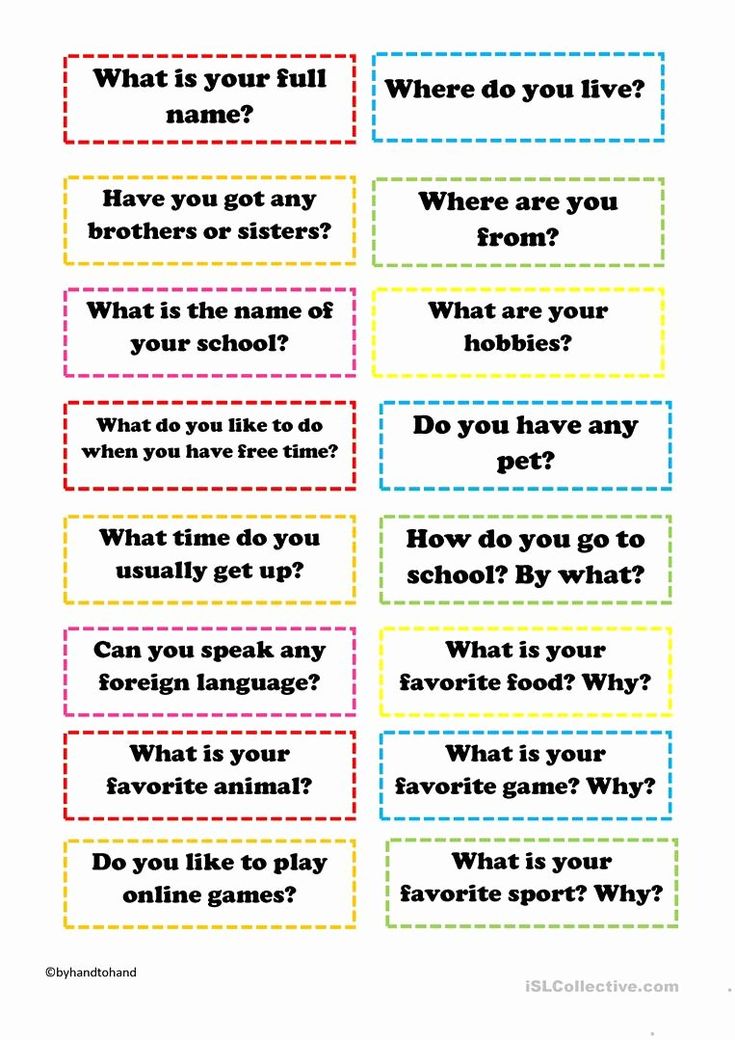 nine0005
nine0005
To decide tasks, click Start classes!
To decide tasks, click Start classes!
To decide tasks, click Start classes!
Introduce your child to the online platform LogicLike to increase his cognitive interest and set him up for a positive attitude to study. nine0005
Reading and speaking
By the age of 6-7, the child should easily memorize and retell small texts (3-5 sentences), read short sentences and understand their meaning. Also, make up your own stories. pictures and willingly share thoughts on a given topic.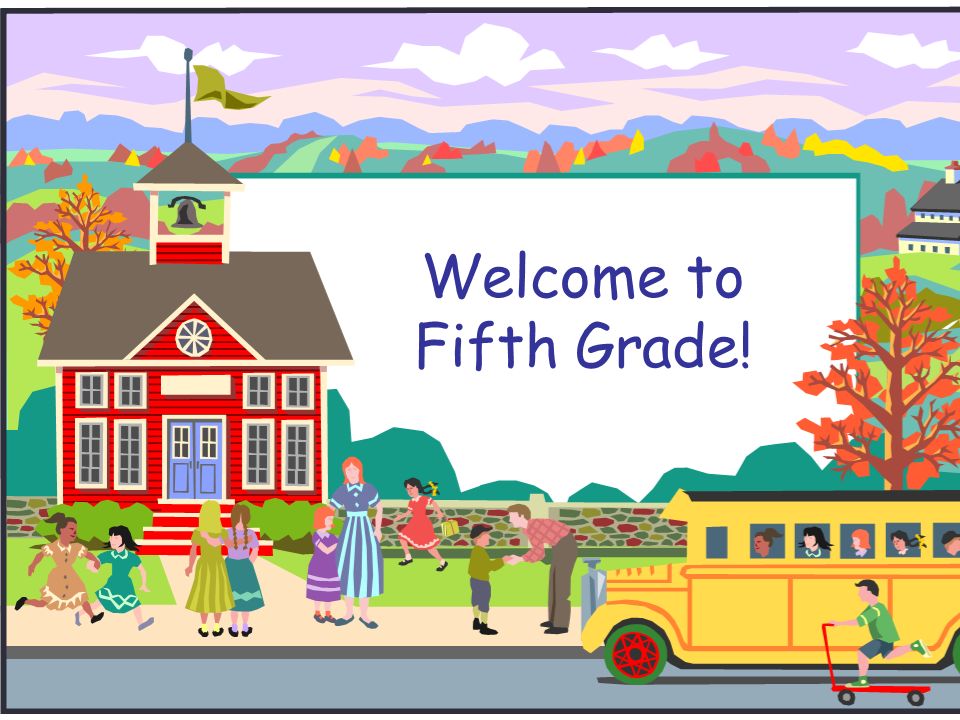 Question, exclamation, statement - senior a preschooler already understands intonations and knows how to express them. nine0005
Question, exclamation, statement - senior a preschooler already understands intonations and knows how to express them. nine0005
Also, the future first grader is recommended to know the alphabet; be able to distinguish letters from sounds, vowels from consonants; find the desired letters at the beginning, middle, end of the word; choose words for a given letter divide words into syllables.
In the article "How to teach a child read" we share ideas on how to competently approach the issue of developing reading skills with a preschooler and where to start classes. nine0005
Maths
By the first grade, the child has the first serious ideas about mathematics.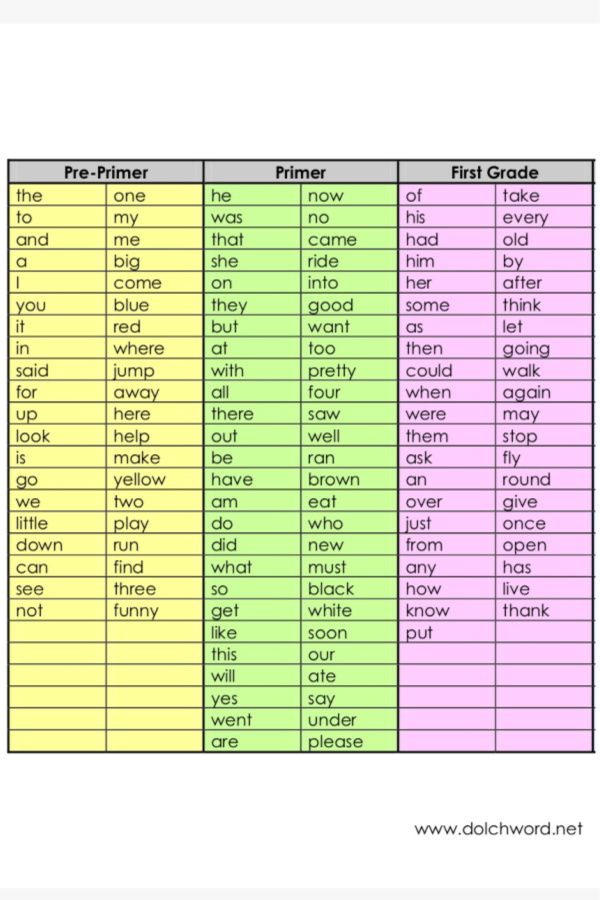 He can count from 1 to 10 and vice versa, compare numbers of the first ten, solve simple problems with unit subtraction and addition.
He can count from 1 to 10 and vice versa, compare numbers of the first ten, solve simple problems with unit subtraction and addition.
Ability to solve simple mathematical problems for preschooler is not mandatory, but will definitely help the first grader feel confidently. nine0005
See also: How to teach preschooler addition and subtraction in mind?
It is not difficult for him to compare a pyramid with a ball in shape, length, width, height.
If your child does not fit the descriptions above 100%, this does not mean at all that he does not ready to go to first grade. Your task is to help the preschooler develop key abilities, ignite the desire to develop and learn new things.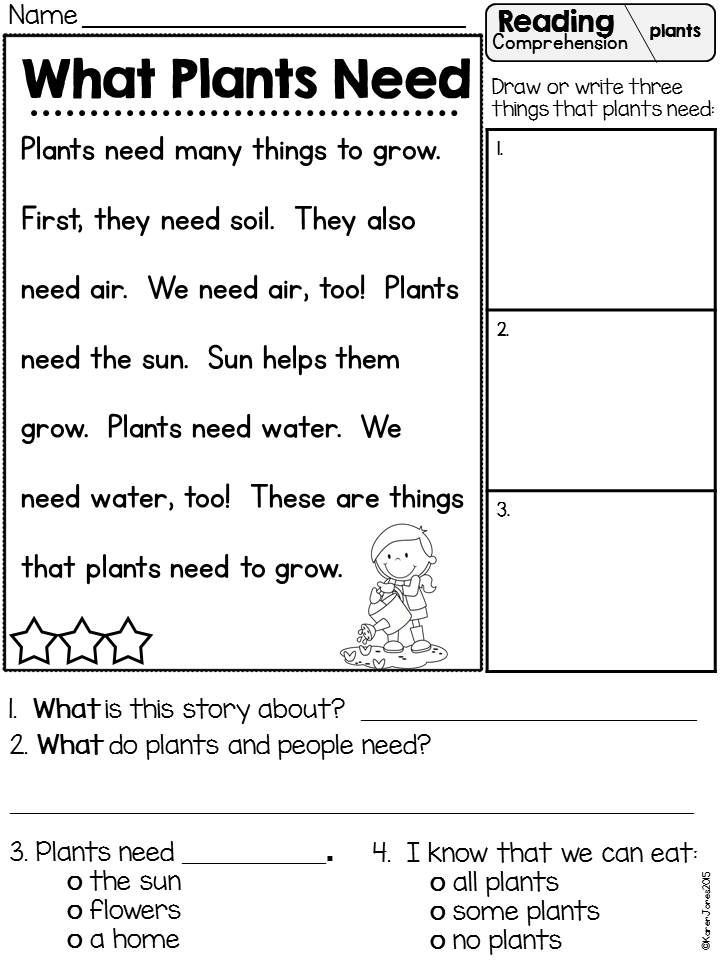 nine0005
nine0005
Your interest and participation will help the child to pump over weaknesses and come to the first class prepared and self-confident.
Find time to work out with your son or daughter 2-3 times a week. And LogicLike is ready share your worries about preparing your child for school. start solve development problems! nine0005
What a child should know and be able to do by the first grade: knowledge for a first grader
According to the law of the Russian Federation "On Education", admission to the first grade of state and municipal educational institutions is prohibited through a competition. Any child aged 6.5–8 has the right to enroll in a school. But some things should be taught to the baby before the start of training - this will make it easier to adapt to a new rhythm.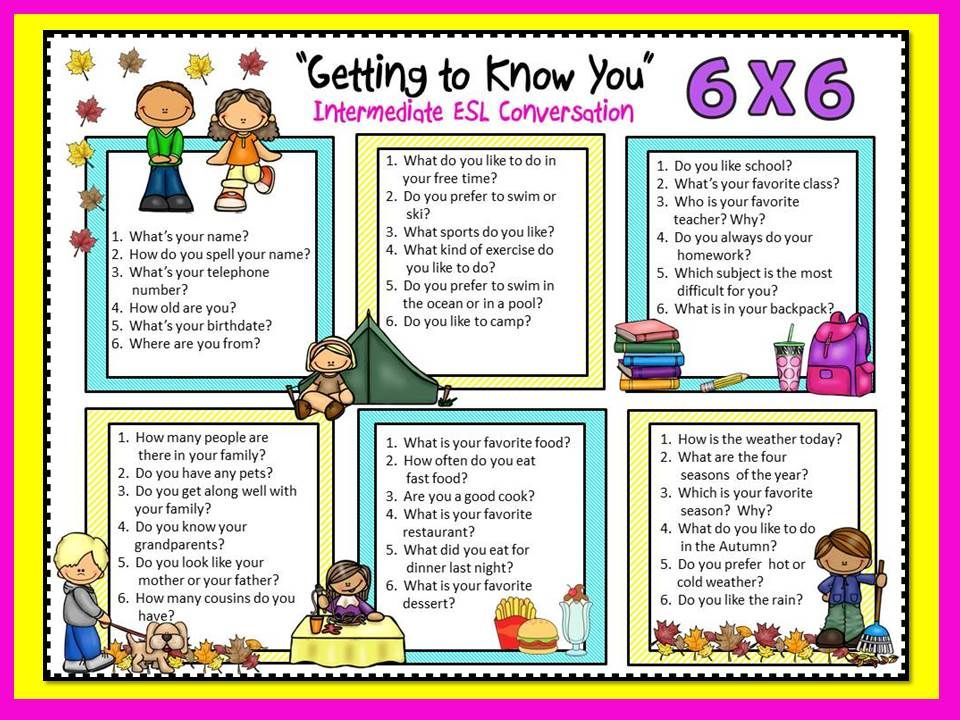
Knowledge and skills for life
Family knowledge
Kindergarten graduates should easily navigate information about close relatives and their data. Full name, age, date of birth, what mom and dad work for, how old are the brothers and sisters. It is good if the child by the first grade knows by heart the phone number of one of the parents and the home address.
Knowledge of safety rules
It is assumed that the baby is familiar with the basic rules of behavior on the street: in what places and what color of traffic lights to cross the road, what to do if the traffic light is not visible, is it possible to leave with a stranger without the knowledge of parents. This is the minimum knowledge of safety that a child should have by the first grade. nine0005
Speech development
It is important for a child to speak clearly and distinctly, to distinguish between male and female, to determine the sound in a word, to select simple synonyms, to be able to describe objects, build a dialogue, choose the superfluous in a row and generalize.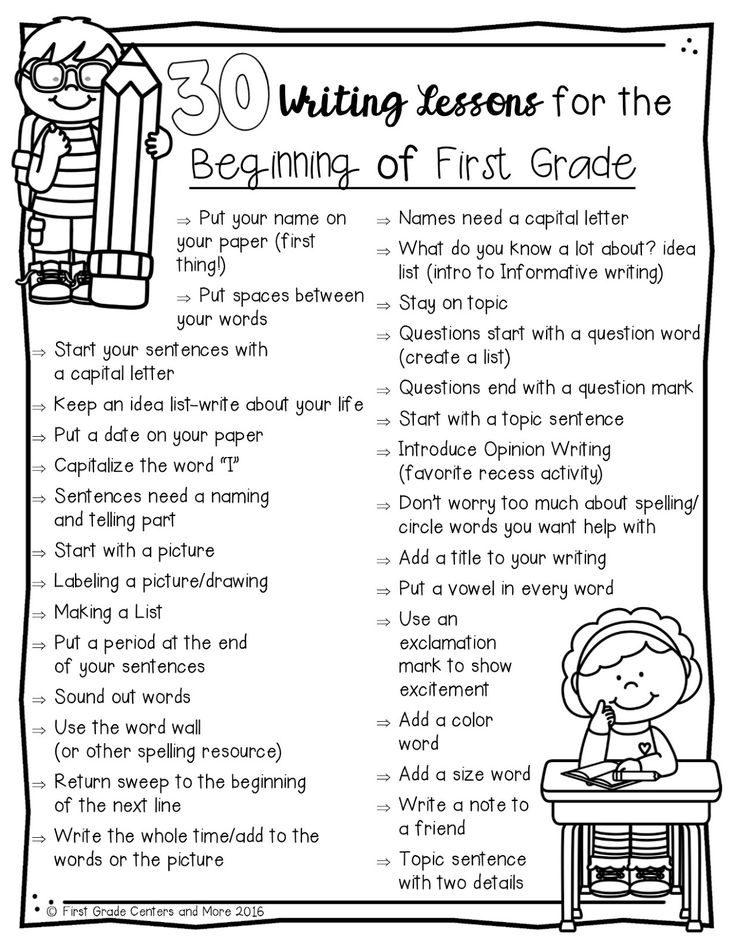
Soft skills
Soft skills (“soft skills”, “soft skills”) are universal skills that help a person to be successful regardless of the chosen profession or place of work. We can say that this is the base of certain skills on which success and efficiency are based. nine0154
Soft skills develop throughout a person's life. It is important to lay their foundation already at the senior preschool age, so that it would be easier for the future first-grader to adapt to new living conditions.
Mindfulness and the ability to concentrate
This is the main skill through which all others are formed.
At the moment everyone is surrounded by a huge flow of information. Adults absorb it, sometimes without even thinking. And the children repeat. In order to memorize new things and be able to apply this knowledge in practical life, it is first necessary to develop the ability to concentrate and maintain attention. Without this, it is impossible to learn and achieve success. nine0005
nine0005
Critical thinking
The ability to defend one's point of view and not take everything on faith. It is worth explaining to the child how important it is to check the information, question it and ask questions.
Logical thinking
Must be developed from early childhood. Logical thinking contributes to the ability to see and build patterns, analyze information, draw conclusions, consider the same situation from different angles. A person with a developed logical thinking has almost unlimited possibilities and easily adapts to various situations. nine0005
Communication skills and teamwork
Our whole life from the very first days is connected with communication, without it it is impossible to exist, therefore it is so important to develop and improve a child's communication skills as early as possible. The ability to be friends, empathize, negotiate, resolve conflicts and defend yourself if necessary. In addition, it is important to teach a child to hear, appreciate and respect someone else's point of view, to take the place of another person, to find a common language with different people - all this is about working in a team, a team.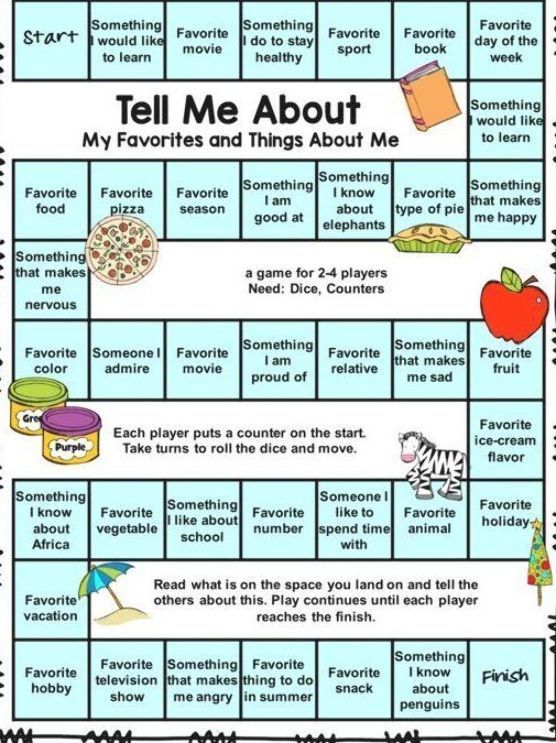 nine0005
nine0005
<
Non-standard thinking and the ability to think creatively
The skill allows a person not only to adapt to changing environmental conditions, but also to find answers to questions of any complexity, generate new ideas, see and find positive even, it would seem , in desperate situations.
Emotional intelligence
It is important to teach a future first-grader to understand his emotions, to be able to cope with them, to talk about his feelings, to experience empathy. Without these basic skills, a future happy life without depression, apathy and neurosis is impossible. Such questions are especially acute and relevant at the beginning of schooling, during the period of adaptation, when the psychological burden on the child increases. nine0005
<
Intercultural openness
In today's world, with the opportunities of travel and online learning, it is important and necessary not only to know a foreign language, but also to be able to understand the cultures of other peoples.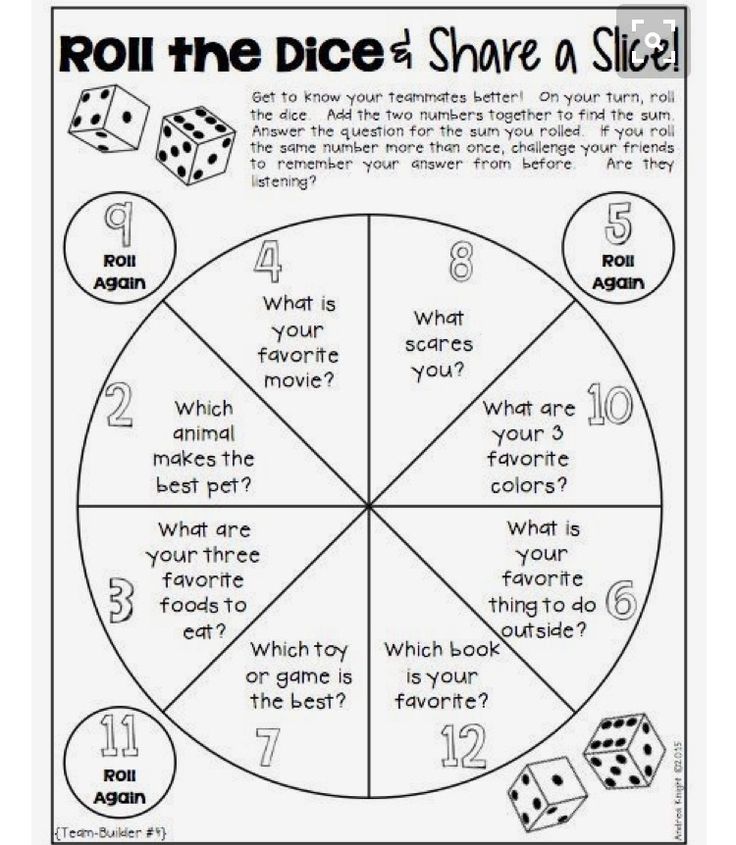 Know the features and respect the religion of other nations, be familiar with the traditions and honor them. This helps to find a common language with representatives of other countries.
Know the features and respect the religion of other nations, be familiar with the traditions and honor them. This helps to find a common language with representatives of other countries.
Self-organization and time management
The skill can be useful in any area: putting things in order, managing your life, prioritizing things. This will save the child from fatigue, stress, increase self-confidence and teach them to enjoy life.
<
Knowledge and skills for school
Knowledge about the surrounding world
It is believed that by the first grade a child knows natural phenomena: snow, hail, lightning. The child should be able to distinguish colors, plants, animals, body parts, clothing and footwear, dishes. To test the knowledge of a preschooler, you can offer offhand to name several types of trees or migratory birds. For clarity, purchase a children's encyclopedia, look at illustrations together and discuss paragraphs.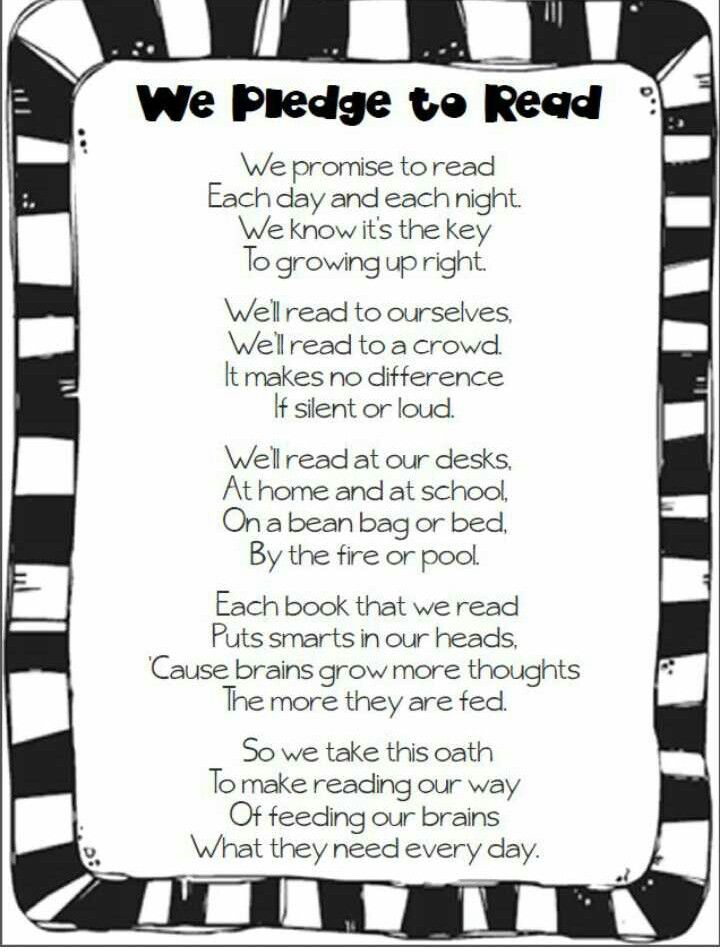 nine0005
nine0005
Knowledge of time and space
Make sure that the child is guided by the hourly routine of the day, knows how to tell the time using an ordinary clock with hands, can list the days of the week and the names of the seasons without hesitation. Another important skill is to distinguish between “right” and “left”.
Mathematical knowledge
This is an important category, but it often causes problems. It's good if the child:
- Counts up to 100 and knows how to perform elementary addition and subtraction operations within the first ten. At least it is worth knowing the numbers 0 to 10 in forward and reverse order. nine0027 - Indicates the number of items as a number.
Distinguishes between "one" and "many". Operates with the concepts of "greater than", "less than", "equal", "up", "down".
- Able to compare objects by size, shape. It is expected that he is familiar with basic geometric concepts - a parallelepiped is unlikely to be needed, but a circle, rectangle, square is quite.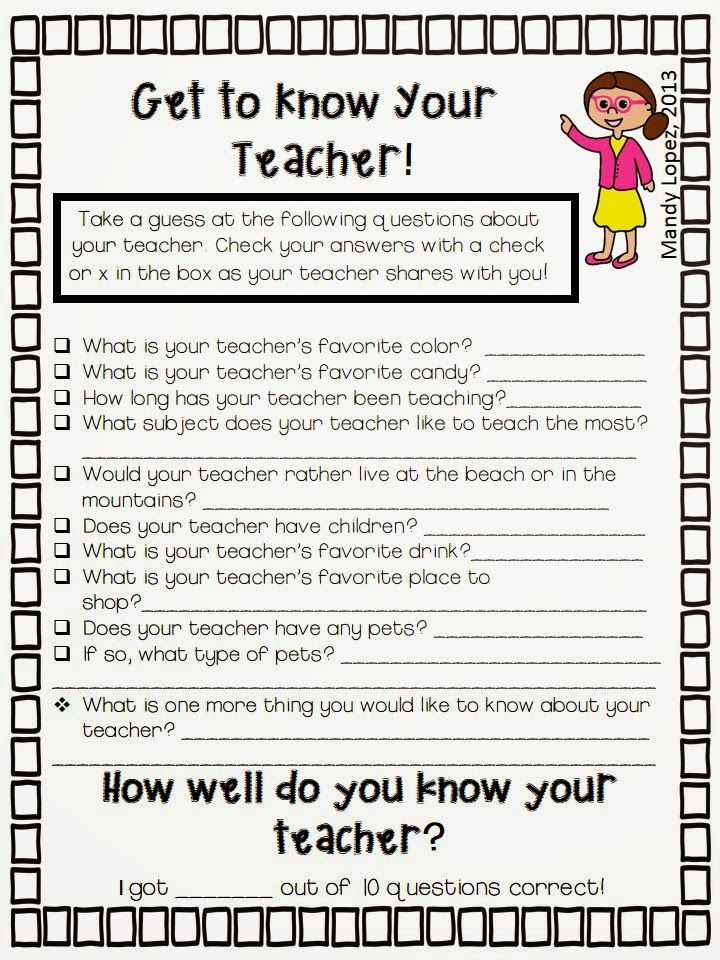
It is also important to teach the child to find patterns in order to train logic: exercises with pictures like “Find 5 differences” are perfect here. nine0005
Knowledge of reading and Russian language
A future first-grader is recommended to know the alphabet. Despite the fact that it is not officially required to be able to read, this will definitely be asked at the interview. It is easier for children who have learned to read before school to adapt: as a rule, their academic performance is higher than that of children who read in elementary school in syllables. You should not force your child to pore over books without getting out, but you can try to motivate them to read on their own.
What you need to know to get into first grade at Foxford
Our online school has several learning formats, from which parents choose the one that suits their child the most. These can be recorded or online lessons.
Since Foxford is an online school, it is important to pay attention to how well the child is familiar with the computer and whether he can type on the keyboard and also handle the mouse.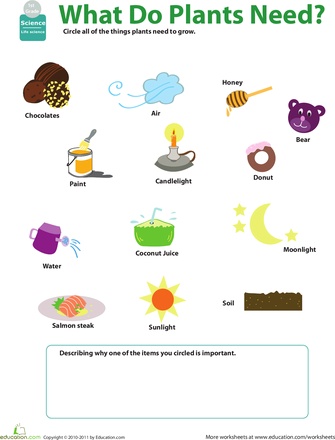
In order to be successful in elementary school, a child must have basic reading, writing, and arithmetic skills. There are no entrance tests, but the family is offered a small test to check the readiness of the child for school. nine0005
It is important to equip a learning area for a future first-grader before starting training, think over the daily routine and “pump” self-organization skills. Adults should be prepared for the fact that at first the child may need help.
Parents need to pay special attention to the adaptation moment to maintain a positive psychological environment and the child's condition.
Résumé
There are no official requirements for what a child should know by the first grade. nine0005
Parents should pay attention to the general and basic developmental skills and abilities of a preschooler. Focus on issues that have caused problems for the child. For example, go to a museum to learn more about predatory animals, or practice the rules of the road for pedestrians so that the baby knows exactly how to cross the road correctly.